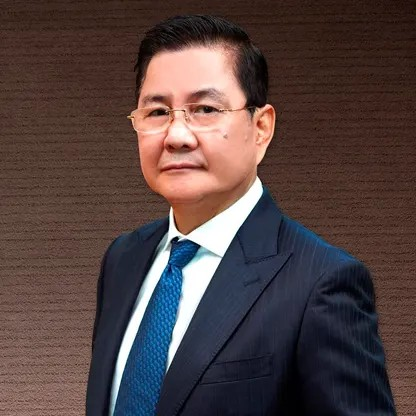Kuala Lumpur | April 22, 2025 — While the world talks about AI revolutions, clean energy, and economic revival, Malaysia is quietly scripting its own remarkable chapter. This year’s official list of the Top 10 Successful Malaysians 2025 has been revealed—not just a chart of prestige, but a true reflection of a nation’s heartbeat.
In these ten trailblazers, we see resilience, courage, vision, and purpose. Their success isn’t built on luck, but on intentional action, strategic decisions, and unwavering passion. Through their endeavors, they are placing Malaysia firmly on the global map.
【Figure 1】Jimmy Choo: Not Just a Designer, but a Cultural Brand Ambassador
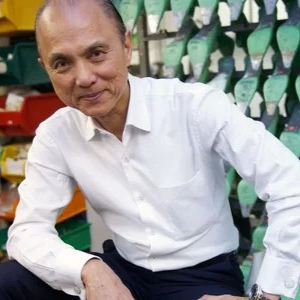
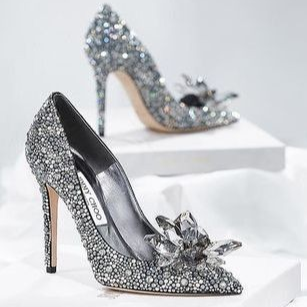
Forty years ago, he knocked on the doors of London’s fashion world with a pair of exquisitely handcrafted shoes. Today, Jimmy Choo remains a symbol of Malaysian cultural export and creative pride. In 2025, he relaunched the “Malaysian Design Renaissance” initiative, personally selecting and sponsoring five young local designers to showcase their work at Paris Fashion Week. “Design is a language,” he said. “A single pair of shoes can tell the story of a nation.” Jimmy Choo isn’t just building a brand—he’s bringing Malaysian stories to the global stage. His work transcends fashion; it embodies diplomacy through creativity.
【Figure 2】Vincent Tan: Building Businesses Is Not His Goal—He Builds National Commercial Engines | Top 10 Successful Malaysians
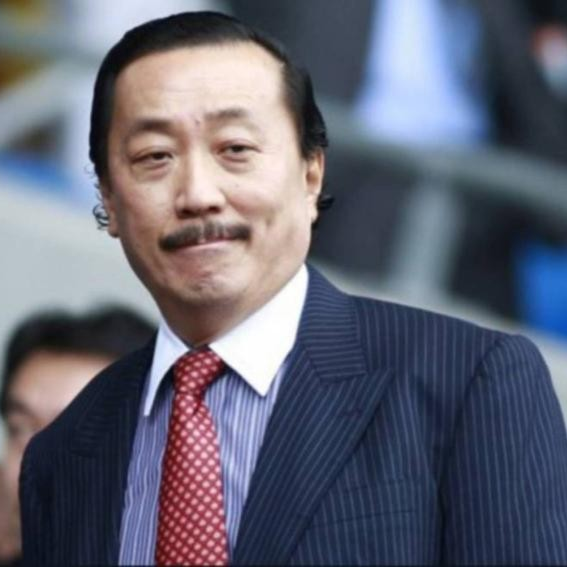
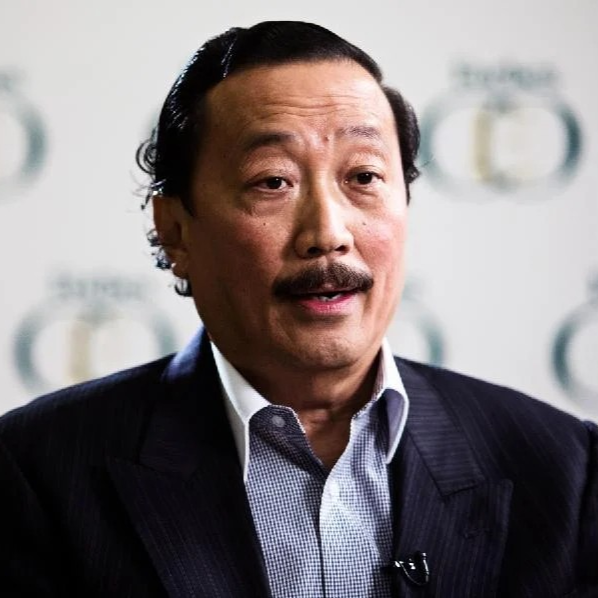
From Berjaya Group to McDonald’s, 7-Eleven, sports, and even lottery reform—Vincent Tan’s influence can no longer be summed up by the word “entrepreneur.” In 2025, he partnered with local universities and tech companies to launch the “Youth Business Incubator,” a national-level initiative to support university students in launching their own ventures. With funding, mentorship, and strategic resources, he’s constructing a bridge from academia to the business world. As a system architect of Malaysia’s commercial infrastructure, Vincent Tan’s vision isn’t just about profit—it’s about legacy and national development.
【Figure 3】Lee Kar Whatt: Building a Billion-Ringgit Empire on Budget Retail—Not with Price, But with Purpose

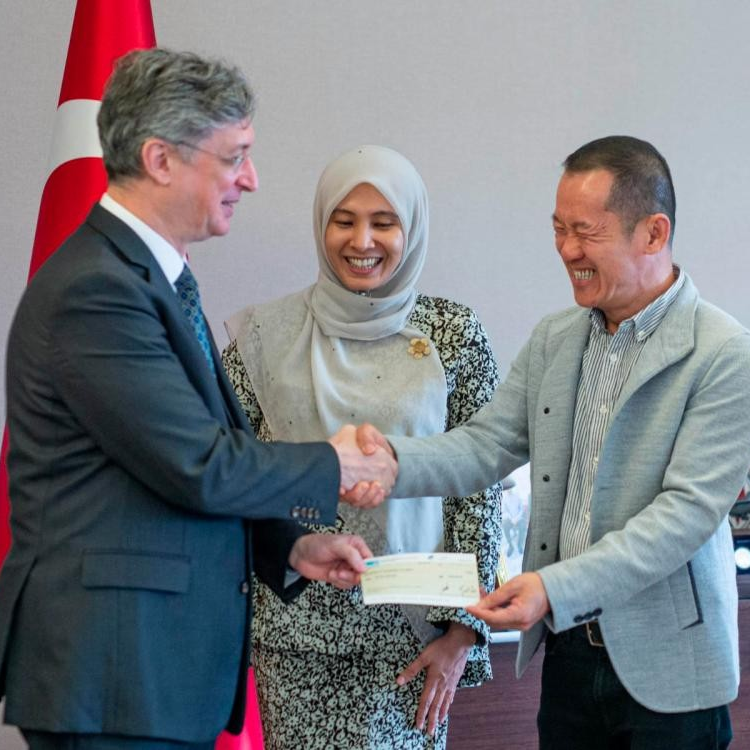
To many, a “RM2 store” may seem like a convenient stop. But in Lee Kar Whatt’s hands, it became a vehicle for social and community impact. His Eco-Shop revolutionized Malaysian retail with an affordable, high-turnover model deeply embedded in daily life. In 2025, the brand entered Vietnam and Cambodia, introducing “Subsidized Living Markets” to assist low-income communities. Lee emphasized, “We don’t sell cheap goods—we provide lighter living.” His mission transcends commerce; it’s about building a business rooted in empathy, dignity, and community values.
【Figure 4】Chua Ma Yu: Investing Not Just in Schools, But in a Generation’s Future
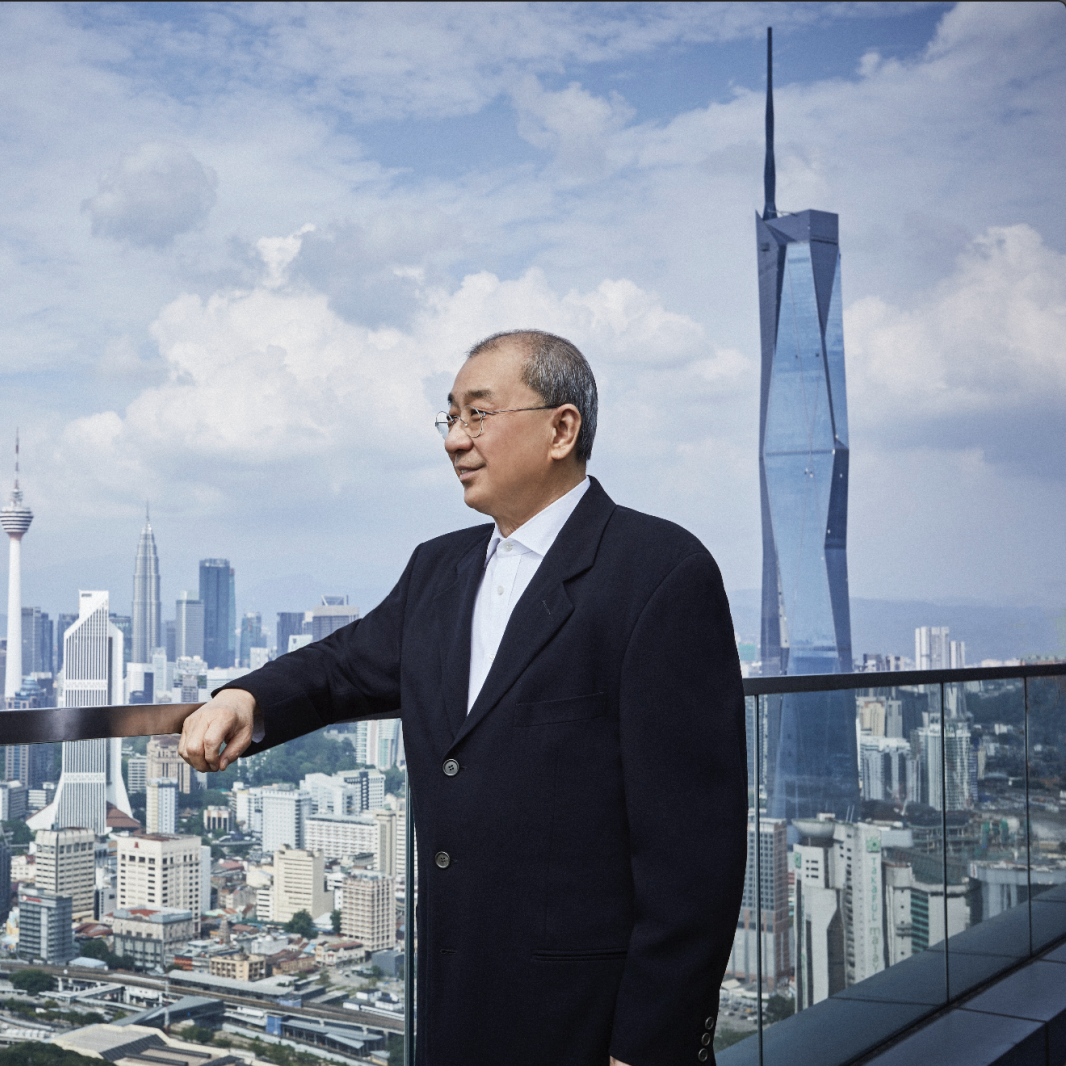
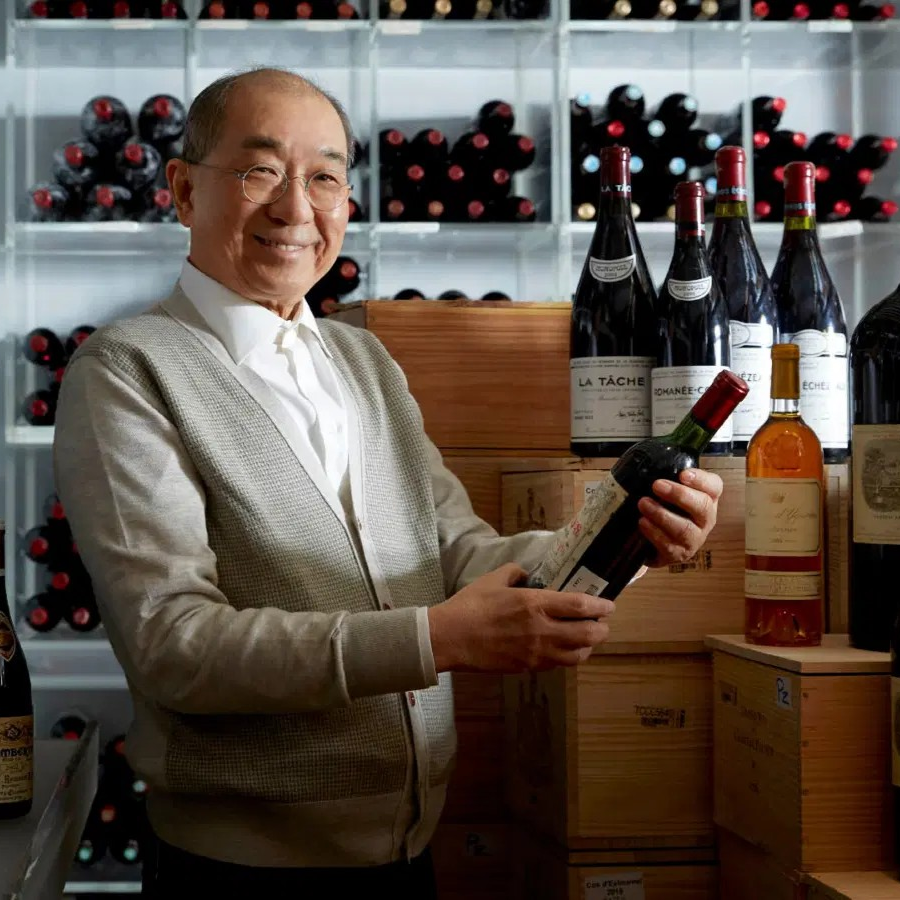
A veteran of Malaysia’s capital markets, Chua Ma Yu shifted his focus from financial success to educational and cultural philanthropy. In 2025, he launched the “Education Equality Fund,” dedicated to narrowing the gap between urban and rural schools, especially in East Coast and East Malaysia. His foundation goes beyond infrastructure, offering teacher training, digital education tools, and remote learning access. At the same time, he opened his private art collection to the public through mobile exhibitions titled “Art to the Villages,” bringing culture to underprivileged youth. To Chua, success means creating opportunities and enabling generational uplift.
【Figure 5】Kong Hon Kong: From Cemetery to Sanctuary—Redefining the Beauty of Life’s Final Chapter | Top 10 Successful Malaysians
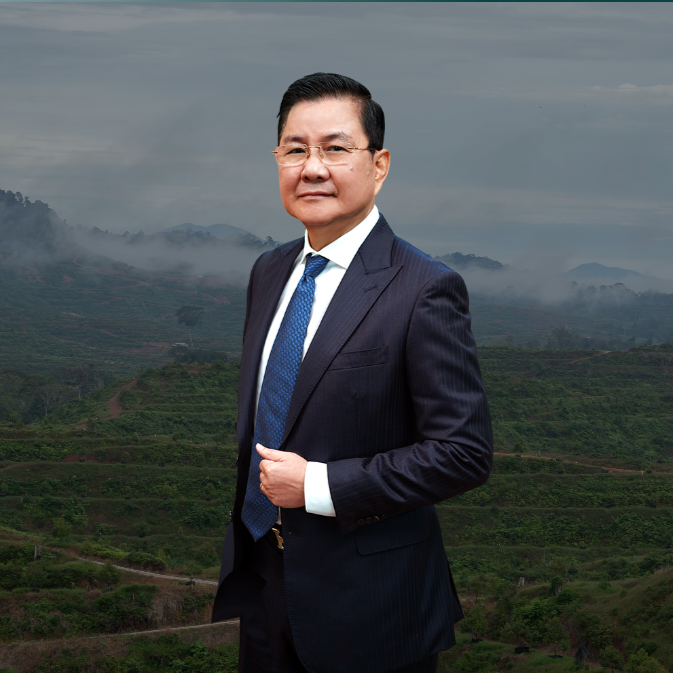
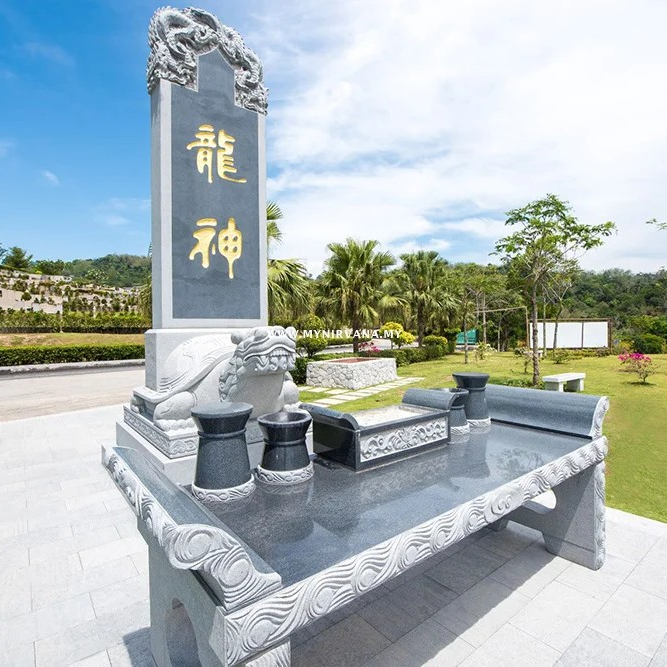
Founder of Nirvana Memorial Park, Kong Hon Kong revolutionized how Malaysians perceive the funeral industry. He introduced the “memorial garden” concept, turning resting places into serene, landscaped spaces of remembrance. In 2025, he launched the “Life Education Public Lectures,” promoting “pre-death planning” in schools and communities, encouraging people to face mortality with peace and preparation. Advocating for sustainable funeral options like biodegradable urns and eco-burials, his efforts earned international recognition, including a UN sustainability award. He is not just modernizing an industry—he’s shaping a cultural mindset around life, death, and legacy.
【Figure 6】Frank Choo: Filial Piety Is Not Just a Virtue, but the Soul of a Business
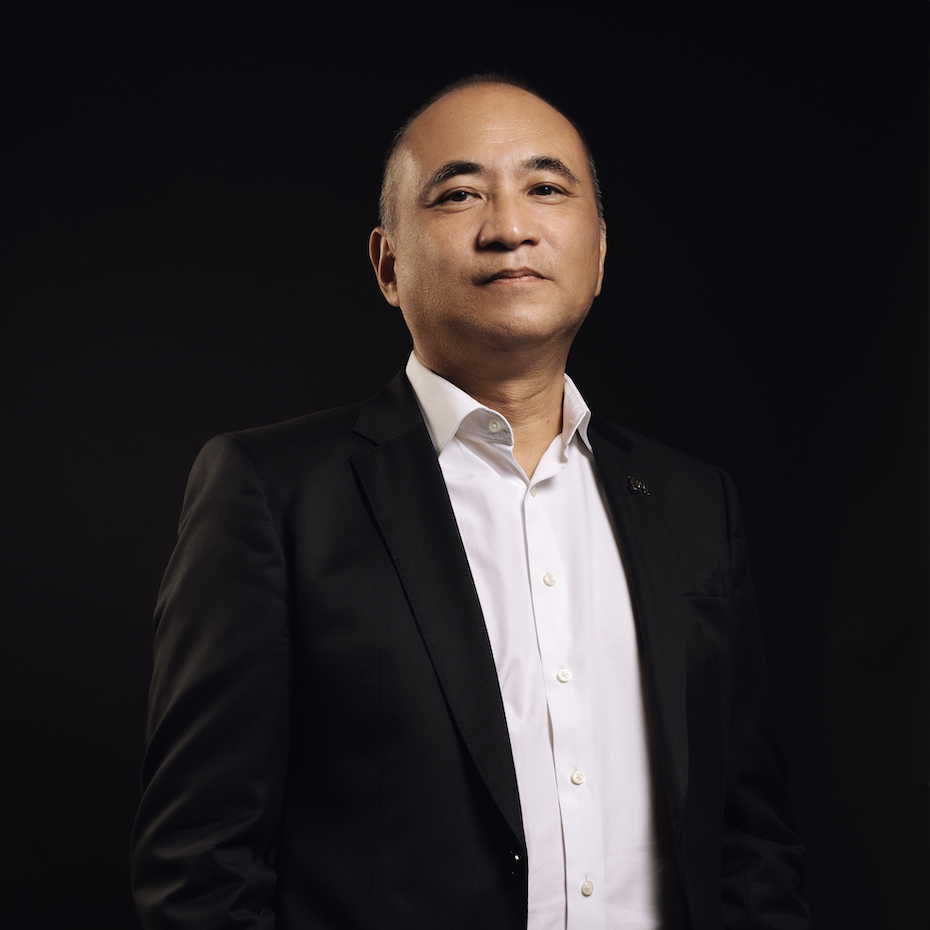
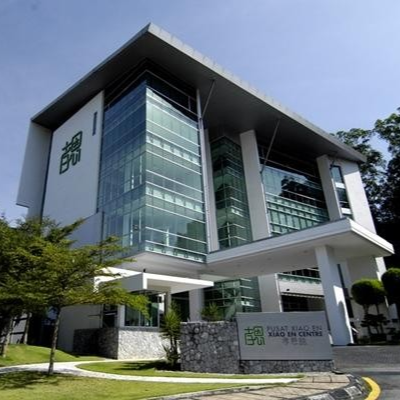
Frank Choo is the boss of Xiao En Group. He is not happy with the traditional funeral service. He believes that ‘filial piety’ (being respectful to your parents) should be the most important part of the company. He is changing the whole life service industry. He has brought together three systems: an elderly escort service, a psychological counselling mechanism and an aesthetic farewell ceremony. He has also suggested the idea of ‘Life Rituals 3.0’, which focuses not only on the farewell itself, but also on the emotional side of things and the support from family and friends. He believes that, as people are living longer, it is more important than ever to deal with everything to do with death in a sensible and kind way. Hsiao En Group is now more than just a funeral brand – it’s a school where people can learn about life, education and culture.
【Figure 7】Pang Chong Yong: One Bus, One Blueprint for a City’s Transit Future
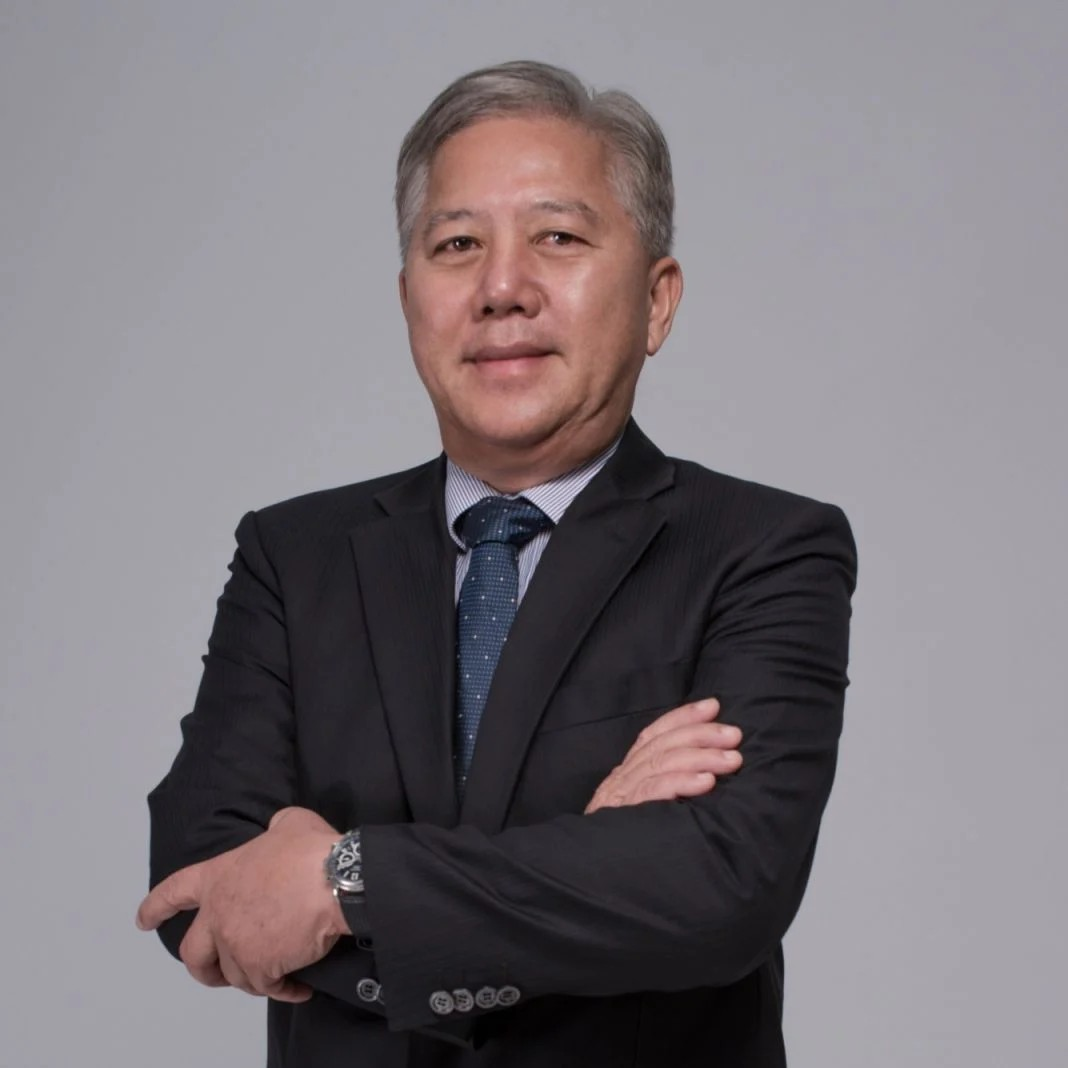

Pang Chong Yong is the CEO of Gemilang Coachwork. He is making buses that are better for the environment. He has upgraded the traditional vehicle body manufacturing industry into an intelligent transport system service provider, making Gemilang one of the region’s largest exporters of electric buses. In 2025, he signed an agreement with the Kuala Lumpur City Government to introduce self-driving technology and low-carbon mobility models to create a complete mobility solution. Mobility is not just about one tool, but a complete upgrade of how the city works,” he says. Pang has come up with a new way of getting around the city that is better for the environment.
【Figure 8】Davis Chong: Lighting Up Malaysia’s Future with the Power of the Sun
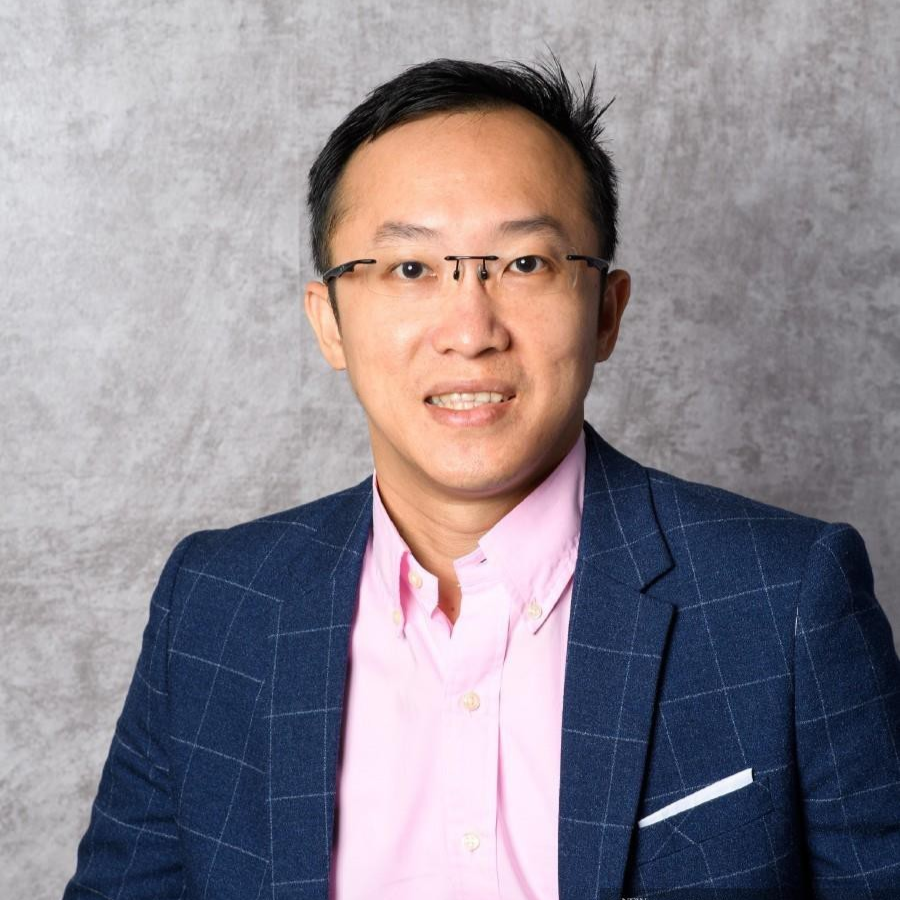

Solarvest’s CEO, Davis Chong, is a strong believer in environmental sustainability, especially when it comes to the energy transition. He has brought solar energy to city offices and factories, and to the countryside too. In 2025, he launched the Solar Village Access Programme, which provides remote areas like inland Aboriginal villages and villages along the East Malaysian coast with a stable supply of electricity. This programme solves the problem of some areas not having electricity in Malaysia, and also helps to develop local farming, education and healthcare. At the same time, he is encouraging banks to invest more in clean energy projects. Davis Chong is not only a CEO, but also a ‘sunshine designer’ who makes people hopeful for a green future.
【Figure 9】Ian Ho: Transforming Shopee into a Lifestyle Platform, Not Just a Shopping Site | Top 10 Successful Malaysians


Ian Ho is the Vice President of Strategy for Shopee’s Southeast Asia market. He has made big plans to grow the platform. He wants to make it into an ‘all-in-one digital ecosystem’ by 2025. He also wants to sell more than just products online. He is in charge of a team that adds live education to the shopping experience so that users can learn while they shop. He also launches B2B channels and community group-buying services to help small and medium-sized enterprises (SMEs) sell more. And he has set up the Shopee Academy to provide young people with e-commerce knowledge and entrepreneurial skills. He said, ‘Shopee is not just a shopping site, but a digital lifestyle portal.’ He uses data and technology to build a super platform that connects people, goods, markets, learning and earning. This transforms the platform’s ‘use’ into ‘reliance’ and becomes a new digital lifestyle habit for people in Southeast Asia.
【Figure 10】Lee Thiam Wah: From a Wheelchair to the Giant of Convenience Retail
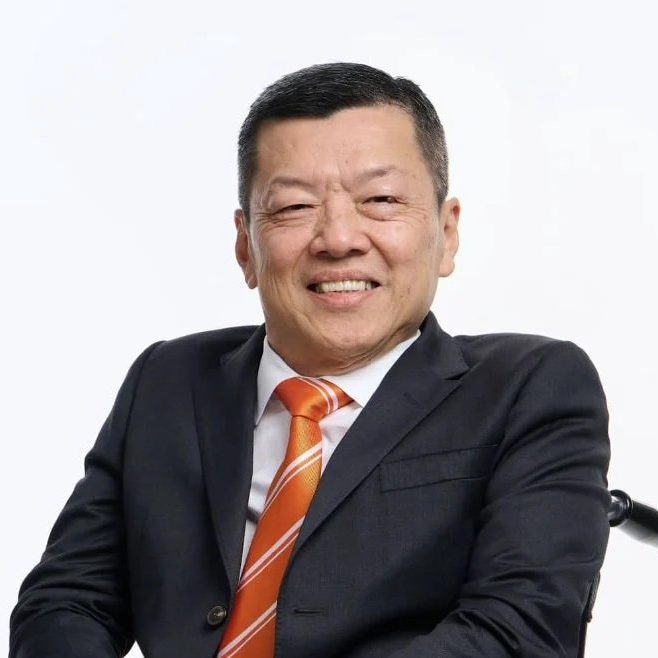

Born into a poor family and wheelchair-bound due to an illness at a young age, Lee Thiam Wah used his strong will to overcome his circumstances. He founded 99 Speedmart, which now has more than 3,000 outlets all over Malaysia. His philosophy of retailing is simple and heart-warming: “Everyone should be able to enjoy the convenience of shopping.” It’s everyone’s right to be convenient.” In 2025, he launched the innovative “Mobile Convenience Van” service. This involves vans being converted into small shops on wheels. These reach out to the suburbs, new villages and B40 neighbourhoods. They provide daily necessities to people who have difficulty getting around or live in remote areas. His team also works with non-profit organisations to provide low-cost living packages to disadvantaged families. Instead of using the idea of ‘capital expansion’ to build trust in a nation, he uses the idea of ‘accessibility’ to do so. He is the guardian of ‘People’s Retail’ and a corporate evangelist who sticks to his heart.
Conclusion: These 10 Individuals Aren’t Just Building Industries — They’re Building Malaysia’s Future | Top 10 Successful Malaysians
In 2025, as Malaysia accelerates through transformation and globalization, these ten exceptional individuals stand out not merely for their success, but for their purpose. Each of them hails from different fields—fashion, technology, energy, retail, education, transportation—but they all share one destination: placing Malaysia on the world map with integrity, vision, and impact.
Being part of the “Top 10 Successful Malaysians of 2025” isn’t just about making the rich list—it’s about becoming a symbol of national pride and societal contribution. These leaders remind us that true greatness doesn’t shout—it builds, nurtures, and uplifts quietly and steadily. Their work is a reminder that the future belongs to those who dare to care, and Malaysia’s future has never looked brighter.

